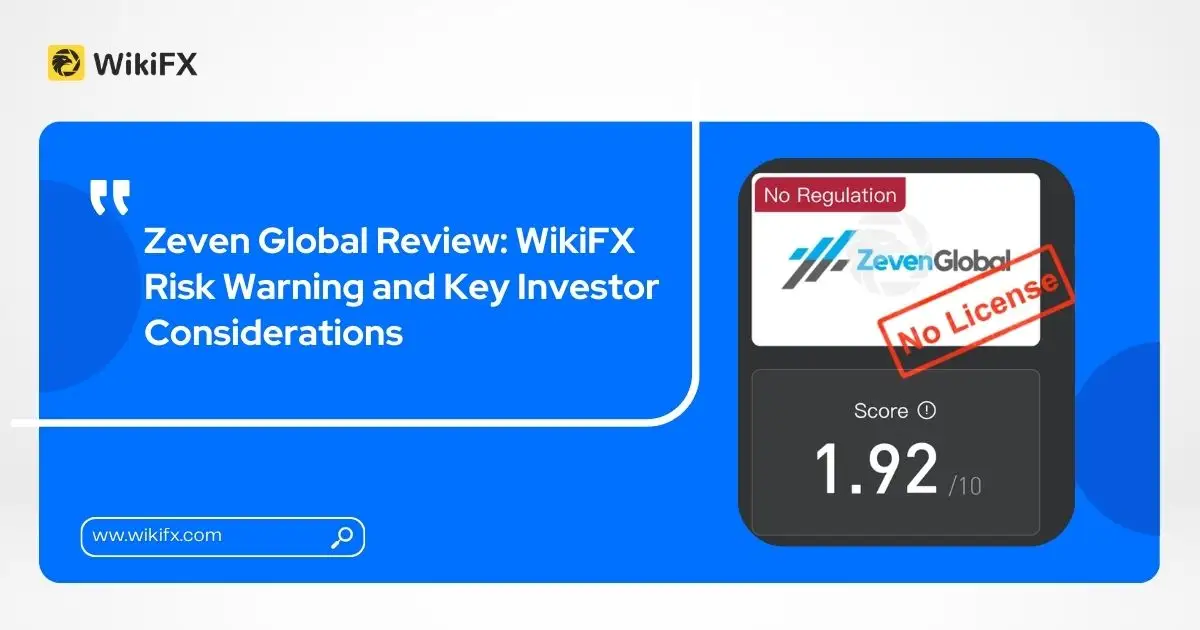SogoTrade Fined $75K Amid Compliance Failures
FINRA fines SogoTrade $75,000 for market access control failures as TopFX advances synthetic indices trading and 24/7 multi-asset solutions.
简体中文
繁體中文
English
Pусский
日本語
ภาษาไทย
Tiếng Việt
Bahasa Indonesia
Español
हिन्दी
Filippiiniläinen
Français
Deutsch
Português
Türkçe
한국어
العربية
Abstract:To help traders identify when they may be falling into psychological traps, Capital.com has developed a dedicated AI solution to monitor their activity on a post-trade basis.

According to a recent survey run by Capital.com, the high-growth global trading and investment platform, more than half of all traders on the platform (58%) say they prefer to trade on logic rather than emotion (33%), or news and information (25%) when making an investment decision. This is compared to 18% of traders who say their trading decisions are influenced by a companys price movements and just 13% who say that the brand and /or reputation of a company is an important emotional motivator when making a trade.
The findings, which were revealed in a survey of 4267 Capital.com clients polled globally, suggest that DIY traders and investors prefer to steer clear of emotions when making investment decisions. The survey was carried out between 21 February and 31 March 2022.
Arty Rusetski, Head of Data Science and Artificial Intelligence (AI) at Capital.com, said:
“It is encouraging to note that traders on Capital.com value the importance of making decisions based on logic and information. However, despite DIY investors best intentions, it is difficult to escape emotional triggers and unconscious bias when making trading and investing decisions.”
Psychological biases that can present themselves when people trade include overconfidence bias—the sensation of believing the hype around an investment—and memory bias, when a trader gives too much credence to recent events and news.
“It is very difficult to control emotions and not to fall into psychological traps, but the ability to be aware of them and not allow them to influence your decisions can help mitigate some common trading mistakes,” said Rusetski.
To help traders identify when they may be falling into psychological traps, Capital.com has developed a dedicated AI solution to monitor their activity on a post-trade basis. Based on an investors trading patterns, the proprietary AI will deliver personalised and tailored content to clients via in-app messages, push notifications and emails helping them better evaluate their trading behaviours and serving them with tailored educational content. The functionality will be rolled out later this year.
“Our AI programme will identify the key drivers of investor behaviour, which are personality type, emotional status and behavioural biases. Our aim is to educate, but we recognise that each of us learns in our own way. By utilising cutting edge AI technology to understand client behaviour, we can ensure that each individual gets the educational content in a format and style that may best suit their needs and preferences,” added Rusetski.
The survey also revealed that most DIY investors would choose to invest in stocks if they had additional capital at their disposal. When asked how they might invest EUR 10,000 given the opportunity, 46% of respondents said they would buy stocks. Only 8% said they would buy bonds and 14% said they would not invest at all or buy something else entirely. The remaining 32% of respondents said they would choose to buy cryptocurrencies (cryptocurrencies are not available to Capital.com clients in the UK).
David Jones, Chief Market Strategist at Capital.com, said:
It is perhaps not too surprising that investors love affair with the stock market continues, even when global benchmarks like the S&P500 are down by around 13% year-to-date. Although as investors we now have access to a wider range of markets than ever before, plenty still feel more comfortable with individual stocks – regardless of what the overall market is doing – as there is a level of familiarity with the types of names we could be buying into.
Given the large falls in stocks such as Netflix; FaceBook (now Meta Platforms) and Tesla – previous darlings of the wider investor community – some may think that the slide in many stock prices this year gives an opportunity to buy-in at more sensible valuations.
Capital.com enables clients to trade derivatives on over 6,000 of the worlds most popular markets through its web and mobile platforms. The platform also facilitates commission-free stock dealing with tight spreads.
With no hidden costs or mark-ups and with no fees to pay on deposits or withdrawals, clients can invest directly in an underlying stock without incurring any additional costs or expenses. Capital.com also provides clients with access to free education and trading tools to help them hone their trading knowledge.
CFDs are complex instruments and come with a high risk of losing money rapidly due to leverage. 83.45% of retail investor accounts lose money when trading CFDs with this provider. You should consider whether you understand how CFDs work and whether you can afford to take the high risk of losing your money.
Capital Com is an execution-only service provider. The material provided on this website is for information purposes only and should not be understood as an investment advice. Any opinion that may be provided on this page does not constitute a recommendation by Capital Com or its agents. We do not make any representations or warranty on the accuracy or completeness of the information that is provided on this page. If you rely on the information on this page then you do so entirely on your own risk.

Disclaimer:
The views in this article only represent the author's personal views, and do not constitute investment advice on this platform. This platform does not guarantee the accuracy, completeness and timeliness of the information in the article, and will not be liable for any loss caused by the use of or reliance on the information in the article.

FINRA fines SogoTrade $75,000 for market access control failures as TopFX advances synthetic indices trading and 24/7 multi-asset solutions.

A WikiFX review of Zeven Global reveals the absence of regulatory licensing, a low safety rating, and potential risks to investor protection.

As the new year begins, WikiFX extends our sincere gratitude to traders worldwide, our industry partners, and all users who have consistently supported us.

Dear Forex Traders, When choosing a forex broker, have you ever faced these dilemmas? Dozens of broker advertisements, but unsure which one is truly reliable? Online reviews are either promotional content or outdated/incomplete? Want to learn about real users’ deposit/withdrawal experiences but can’t find firsthand accounts? Now, your experience can help thousands of traders and earn you generous rewards! The campaign is long-term and you can join anytime.
